The People’s Republic of China is not only the most populous country in the world, but also the largest communist nation. And although the free market has propelled the Dragon Country to the top of the global economy, one might assume that its healthcare system would reflect the benefits of a social welfare state. However, travel insurance for China is essential if you want to avoid serious problems during your trip.
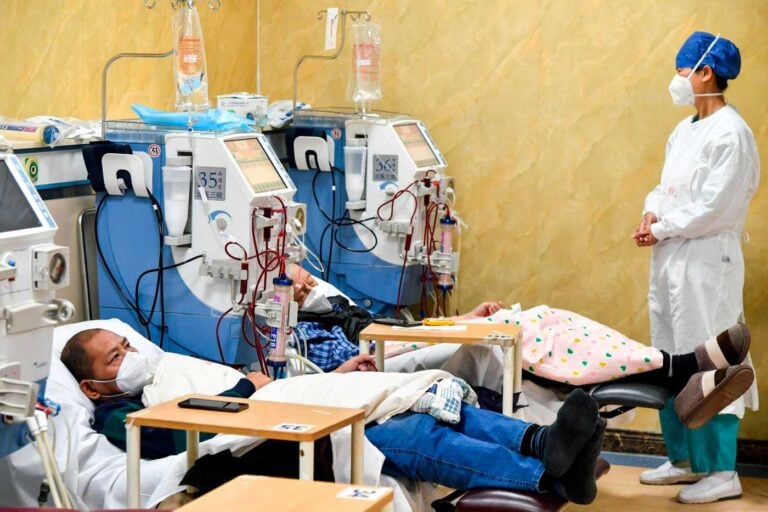
China’s healthcare system is decent, with plenty of hospitals and access to modern technology. However, it’s not considered among the best in the world. Despite advanced equipment, there’s a shortage of hospital beds, and the system still faces major challenges. Moreover, medical care in China is expensive.
About 15 years ago, some studies ranked it among the top three most expensive countries for healthcare. While that’s no longer the case, and China is not even in the top 10 now, hospital visits can still be costly.
To begin with, we highly recommend travel insurance for China that covers a substantial portion of medical expenses (you’ll see why below). Ideally, choose a policy where the insurer pays upfront, so you don’t have to pay anything out of pocket.
The IATI Star policy (discount included), offered by IATI Insurance, is a comprehensive and widely recommended option for travelers visiting China.
The answer is simple: if you’re traveling to China as a tourist and don’t have insurance, you’ll have to pay 100% of your medical costs if you need hospital care. Prices can vary significantly depending on whether the hospital is public or private.
For example, one night in a government hospital might cost around $400 USD for a treatment room—not including medications, treatment, or doctor’s fees. In a private facility, the cost will be even higher.
Let’s go back to the example of public hospitals. Compared to Thailand—a country popular among Spanish travelers and known for its healthcare—China’s public medical care is more expensive. Emergency care, consultations, and even doctors’ fees tend to be lower in Thai public hospitals.
Another concern is communication. English is rarely spoken in public hospitals in China, which can make understanding medical staff difficult. Some patients in public hospitals have reportedly paid extra fees to reduce waiting times.
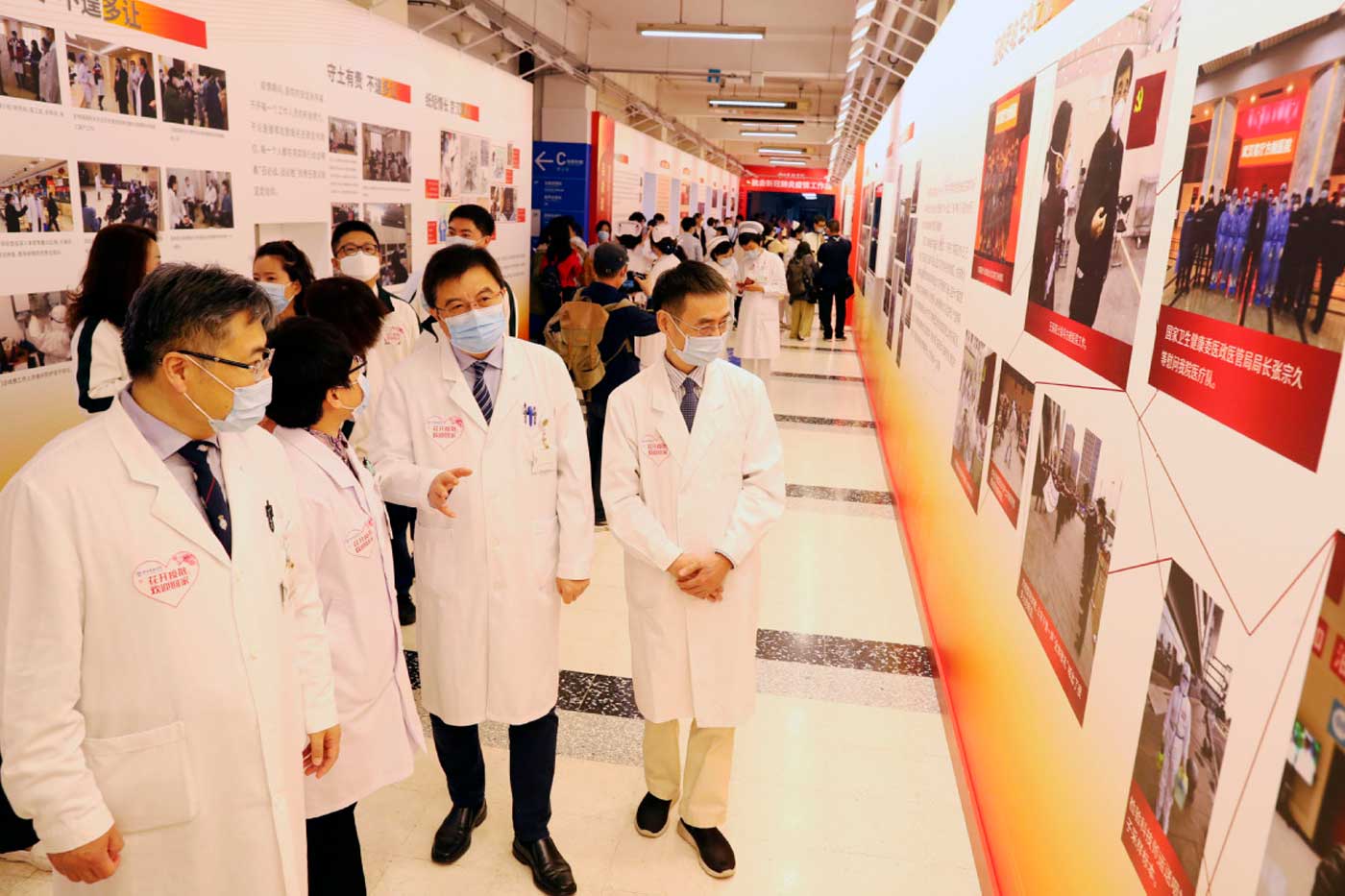
When would we recommend using the public healthcare system in China as a tourist? Only if you don’t have travel insurance and can find someone to help with translation. Public hospitals in China are generally quite good and have improved significantly in recent years.
The Chinese government has spent decades improving healthcare access and affordability. Today, over 95% of Chinese citizens are covered by a public social security program, although it’s not completely free. Foreign residents legally living in China also qualify, and they don’t need private health insurance.
Private healthcare in China is much more expensive than public care. So, if you’re uninsured, this is not your best option. However, if you have insurance, private hospitals offer many advantages.
In terms of medical quality, public and private hospitals are quite similar. Many of China’s top doctors work in both systems, as the government encourages them to serve multiple facilities—especially to reach remote areas.
Private hospitals are mainly located in large cities and are considerably more expensive. In fact, private hospitalization can be unaffordable for most local citizens.
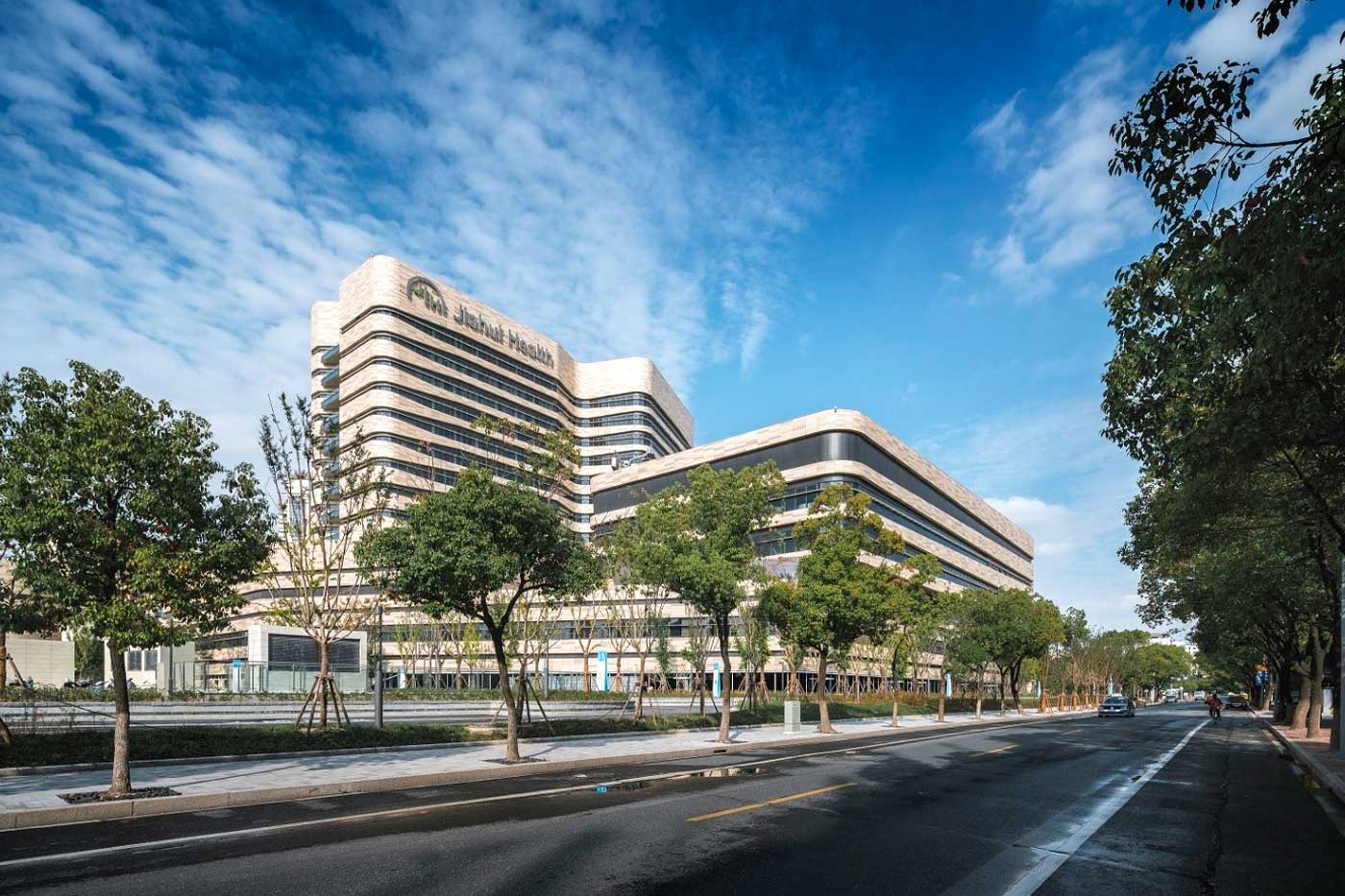
So, what’s the advantage for travelers? First, the quality of care is comparable to top European standards, with little to no waiting times, cutting-edge technology, and hotel-like comfort. That’s why private hospitals are popular among expats in China.
Another big advantage is language and service quality. Staff at private hospitals generally speak English and can prepare internationally recognized medical reports. If your travel insurance covers medical costs, everything will be handled smoothly.
If you have solid health insurance in China—whether as a tourist or a resident—you can choose between public and private hospitals. Public hospitals are of good quality, but private hospitals offer faster and more personalized care. A good insurance policy will cover treatment at either type of facility.
The biggest challenge for China’s healthcare system is serving rural areas, so larger cities offer the best care. Cities like Guangzhou, Wuhan, Shenzhen, and Chengdu have excellent hospitals. But as a traveler, you’re most likely to need care in Shanghai or Beijing.
The two main cities in the country are the primary entry points for international flights to China, and both offer medical assistance if required.
Shanghai has the most advanced medical care in the country, with many high-quality hospitals equipped with the latest technology. However, most of these are private, meaning you’ll need good travel insurance to avoid steep costs.
Shanghai United Family Hospital (UFH) is perhaps the most well-known, specializing in healthcare for foreign residents. With four hospitals in the group, UFH offers everything from emergency care to specialized treatments. Most doctors are Western-trained.
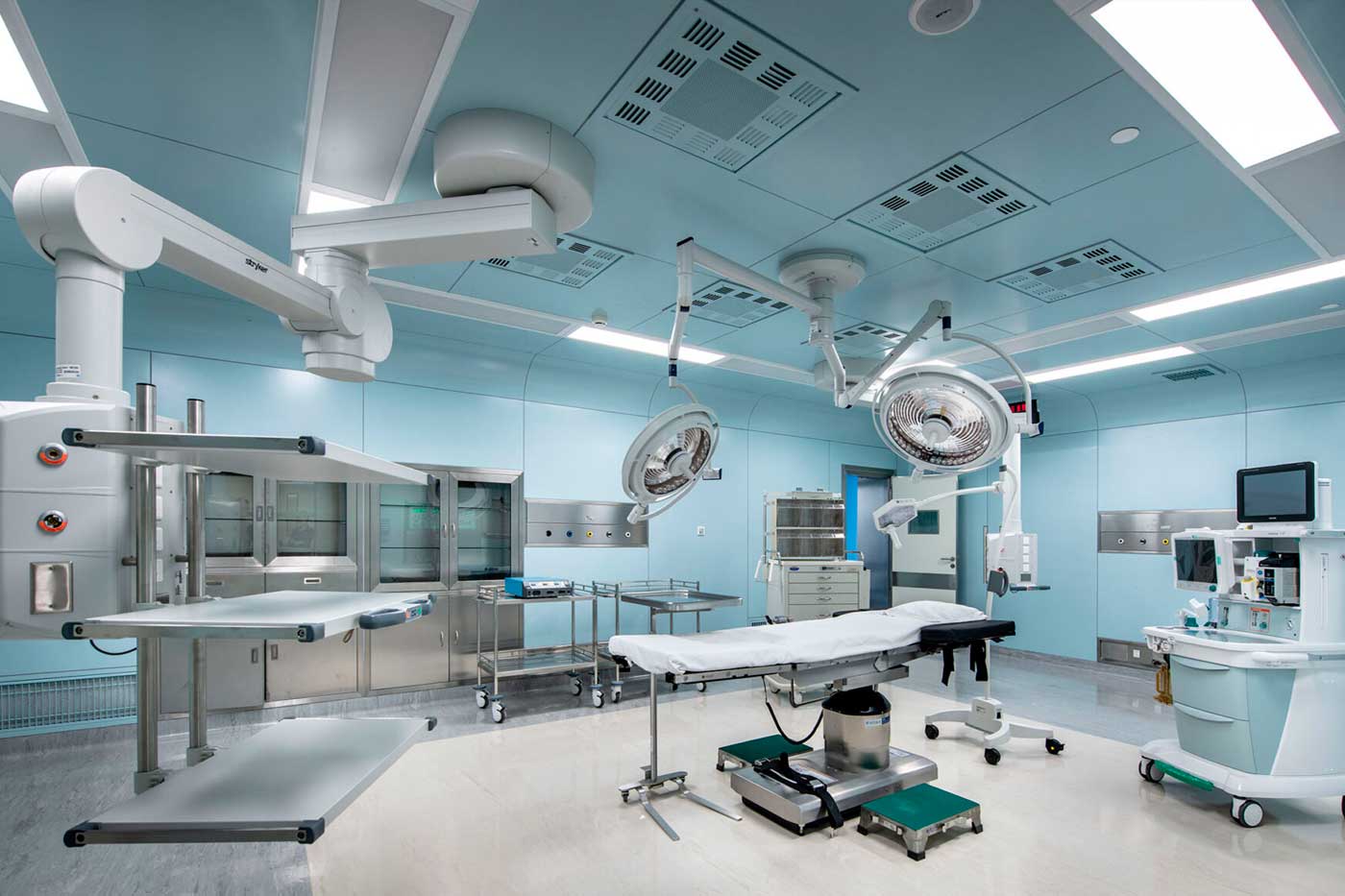
Another excellent option is Jiahui International Hospital, which has over 500 beds and offers advanced care for both emergency and non-emergency cases. It’s known for its personalized service.
As China’s capital, Beijing offers excellent public and private healthcare. However, waiting times in public hospitals are longer, and the level of comfort may be slightly lower than in Shanghai.
If you decide to use your travel insurance in a public hospital, a good option is the China-Japan Friendship Hospital, which is affiliated with Peking Medical University. It has highly trained professionals and excellent equipment. Many university-affiliated hospitals in China provide a wide range of treatments.
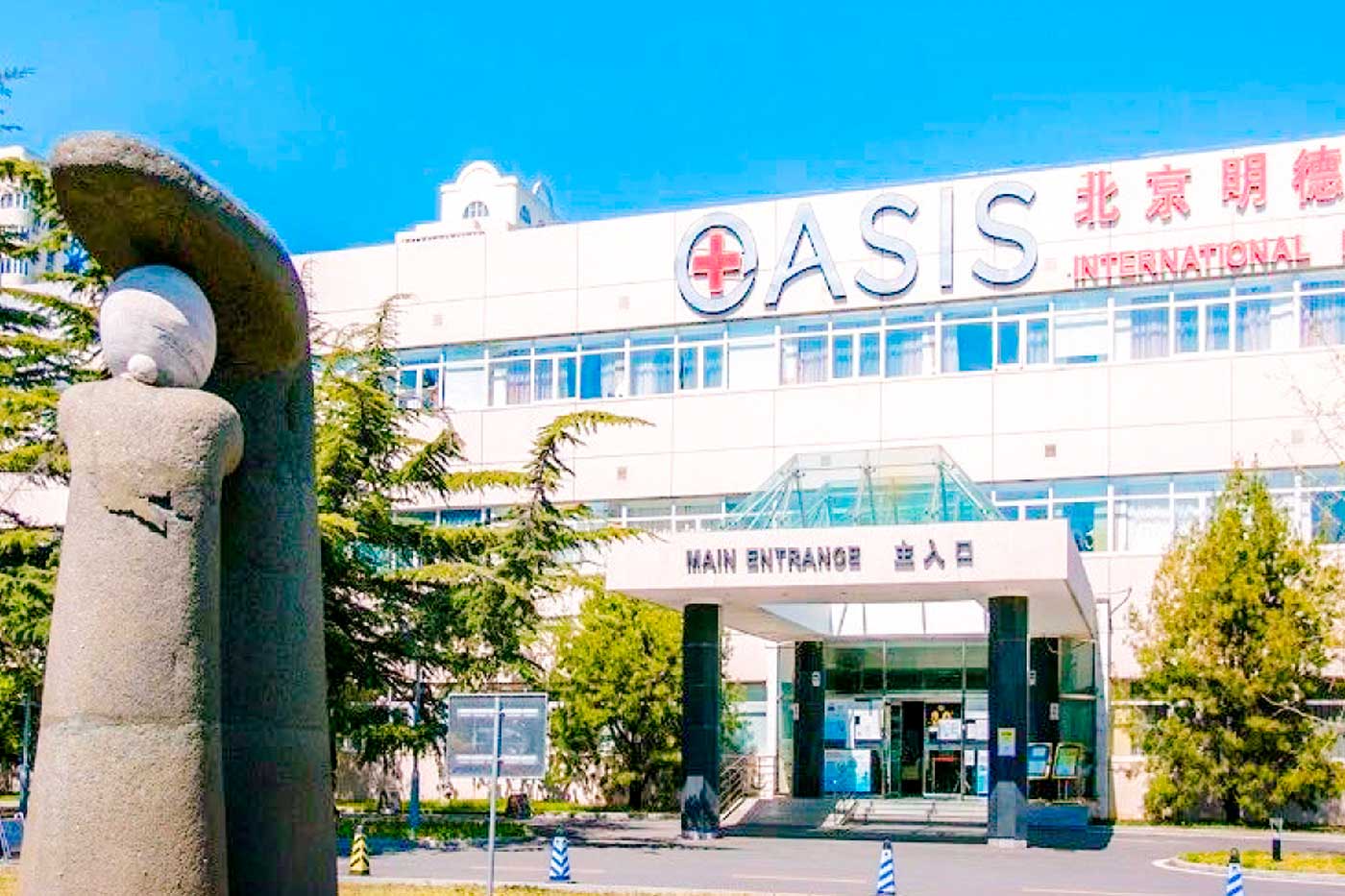
The main issue in Beijing’s public hospitals is overcrowding, especially during peak hours, leading to long waits. If your travel insurance allows access to private hospitals, which it should, you can consider: Beijing United Family Hospital or Oasis International Hospital, a modern facility with a 24/7 emergency and intensive care unit.